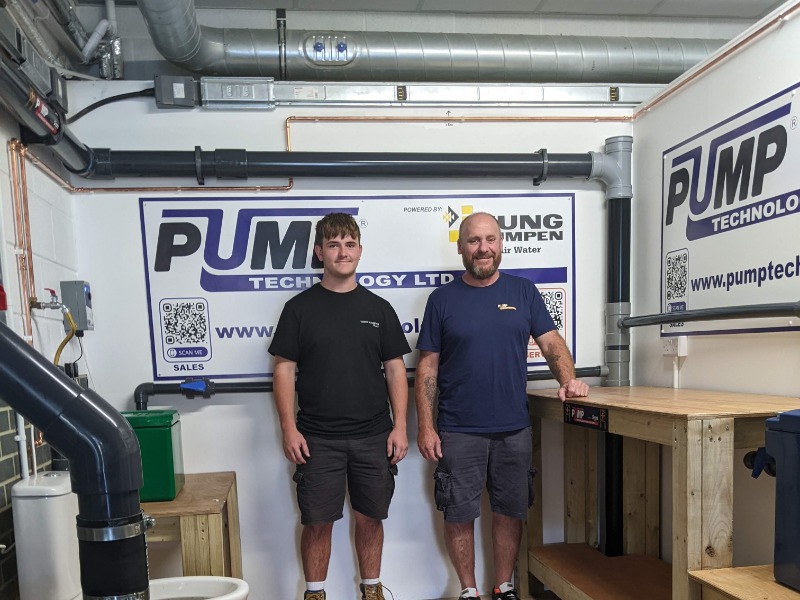When businesses work in partnership with Newbury College to provide valuable work experience, we produce substantial benefits for everybody involved: most importantly, young people’s awareness and experience of the workplace. Lack of experience is the number one reason that employers turn young job applicants away. So, for employers, experience is vital. It is also crucial for young people. Young people with 4 or more work experience-type activities under their belt are 5 times more likely to stay in education, employment or training.
This email address is being protected from spambots. You need JavaScript enabled to view it. to get involved
What is work experience?
Work experience now forms an integral part of 16-19 study programmes and as such we offer our students high quality and meaningful work experience as part of each study programme. The intention is for students to gain valuable experience of the work environment and develop their employability skills. So there is a pressing need for more opportunities for inspiration and experience of work.
In the old days, work experience for students often amounted to little more than spending a week in a company, making the tea and a spot of photocopying. This definition of work experience is out of date – and it doesn’t work for businesses or for young people.
So rather than the old-style model of work experience, a more comprehensive package includes:
- Industry placement - Periods of work experience or other work-related learning in the workplace to test out vocational ideas connected to future study or employment options.
- Good quality information - Employers can work with Newbury College to make sure young people have relevant, up to date and good quality information to help them navigate through their education and career.
- Mock interviews - Setting up mock interviews doesn’t demand much time or resource from employers but can mean the difference between young people sailing or struggling through their first interviews.
- Talks in college or site visits - Bring industries and sectors to life for young people and help to dispel long-standing myths about specific jobs – for example, that “construction is just dirty work and manual labour” or “nursing is only for girls”. Plus, sending employees out to talk at college or supervise a visit gives them valuable skills and experience as well.
- Challenges, competitions and project work - These are fun and interesting ways to give young people a flavour of the world of work. These kinds of activities also benefit employers, as young people can bring a fresh perspective and new ideas to business challenges.
- Mentoring - One of the best ways of building a young person's confidence and employability skills. At the same time, it can help employers encourage the creation of a talent pipeline into their businesses as well as developing and motivating their existing staff.
Business benefits
Over half (53%) of all employers who offer work experience say it is because “it provides the experience young people need”. These employers recognise the intrinsic value of work experience, which is that it helps young people eventually get into work (Source: UKCES – “Scaling the Youth Employment Challenge”). But they also identify business benefits:
- Brand loyalty and profile - The ethos of company brands, the way they conduct their business and in particular their recruitment practices are more important than ever. Giving back to local communities and to a higher cause in the form of offering work experience is likely to lead to increased brand loyalty and profile, and in turn to greater profits.
- Market insights and customer base - Young people often bring fresh ideas and approaches which open up new and emerging customer groups and markets. A younger perspective is valuable where markets are rapidly changing or rely on a youthful customer base.
- Staff development and engagement - Staff can really benefit from managing young people on work experience placements. A study by Corporate Citizenship found that staff who participated in partnerships with schools and colleges used this engagement to develop a wide range of skills, including communication, coaching and counselling, influencing and negotiation. Supervising and coaching young people on work experience also offers an excellent opportunity to develop management capabilities, especially for those who may not usually have these responsibilities or who are just starting out as managers.
- Workforce diversity - Every business recognises the value of a diverse workforce and a broad talent pool. Young people are a huge part of this.
- Talent planning - “Growing your own” is a major way for employers to futureproof their business and in this context work experience isn’t just a gateway into a career for young people: it’s a gateway for employers into securing talented and loyal employees. Businesses have a great opportunity to shape their workforce according to organisational need, and train them up to plug specific skills and experience gaps.
- Derisking recruitment - Offering young people work experience placements can serve as an informal “try before you buy” period both for businesses and for young people. This means that any decision to commit to a permanent position will be an informed one on both sides. Even if the placement doesn’t lead to a job, the experience of work they will have gained means the community or sector will benefit from an increased pool of work-ready recruits.
Want to get involved?
This email address is being protected from spambots. You need JavaScript enabled to view it. to get involved in offering or supporting work experience for students.








